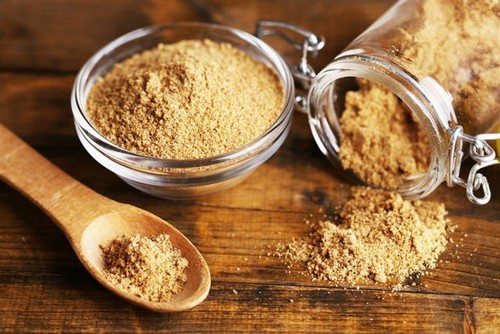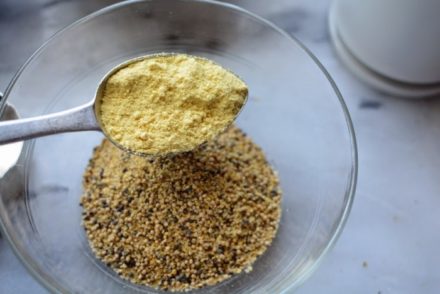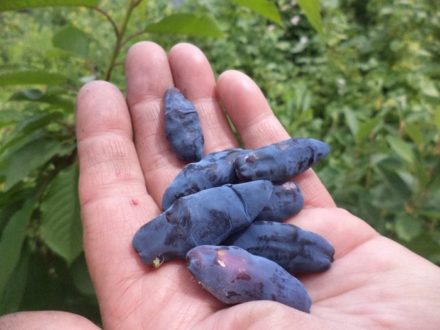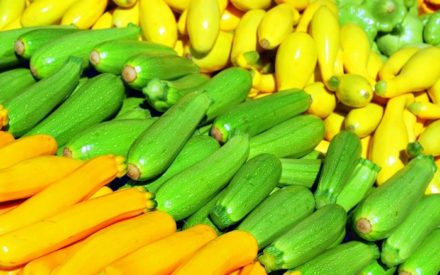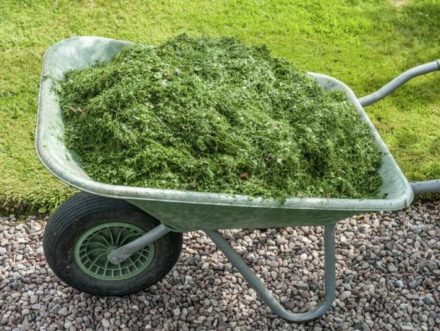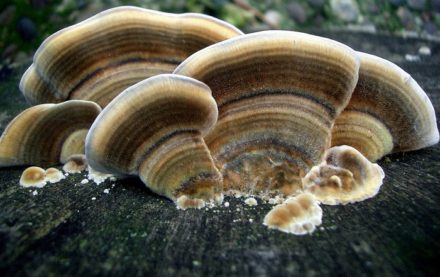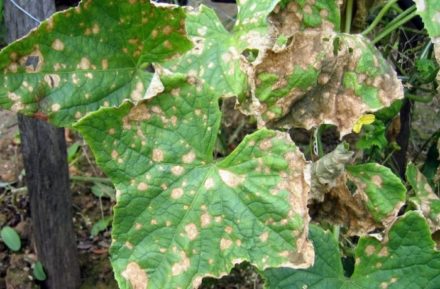Mustard powder is an excellent alternative to agrochemicals. The plant, used as a well-known seasoning, has long spread its reputation as an assistant in the fight against pests and weeds. But how effective is this remedy and does it pose a threat to garden crops?
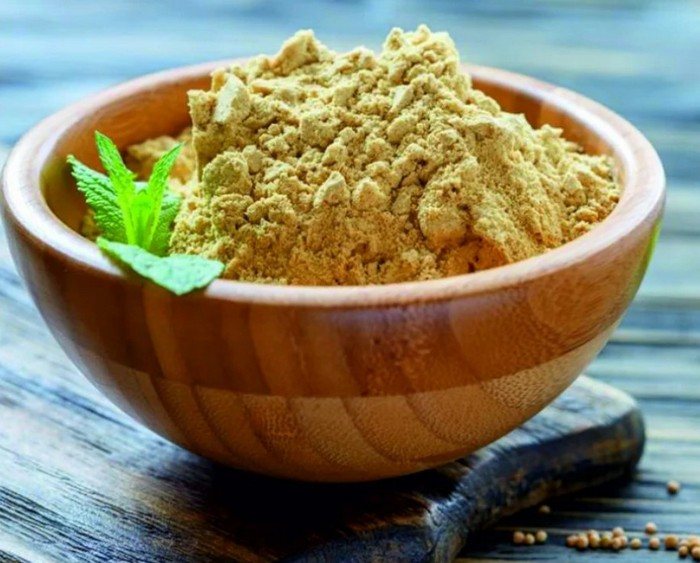
Mustard powder solution
A product for treating horticultural crops should not contain food additives, so it is recommended to use regular powder. To prepare a liquid concentrate, dry mustard (50 g) and laundry soap (40 g) are dissolved in 10 liters of water heated to 80 ° C, after which the solution should infuse for about 2 days.
What to consider when spraying:
- for the best effect, plants are treated in the evening or early in the morning in warm weather of at least 10 °C;
- rain and dew reduce the benefit;
- a large concentration of the substance can burn the plant;
- It is not recommended to spray on a hot day, as the liquid will begin to dry out, which will lead to burns on the leaves;
- The procedure interval is 15–20 days (from the 2nd half of April until harvest).
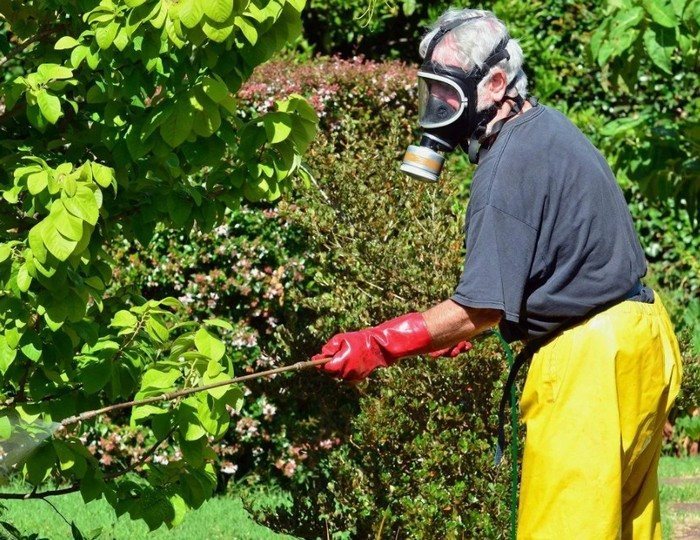
Dry mixtures and suspensions
Mustard powder is sprinkled on the surface between the rows and in the immediate vicinity of the rhizomes. The latter requires caution, because with heavy rain, the caustic substance dissolves and penetrates the soil, affecting the root system. These methods are suitable for combating mollusks.To more effectively resist slugs and snails, hot pepper and ash are added to dry mustard.
If you need to rid your garden of weeds, it is better to make a suspension: 8 tbsp. spoons of powder are dissolved in 10 liters of water. You need to water the weeds with this mixture immediately after preparing it.
These are effective methods, but you need to understand that frequent pollination with mustard can lead to acidification of the soil, and in the worst case, make it unsuitable for subsequent crops.
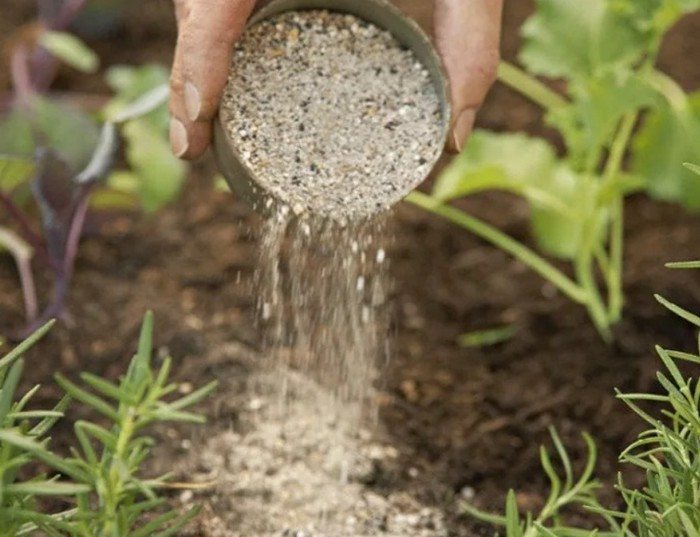
Tips from summer residents
Experienced gardeners use yellow powder against aphids, caterpillars, ants and, in some cases, against the Colorado potato beetle. Users of this product note its environmental friendliness, which makes it stand out from the environment of chemical insecticides. Most often they pollinate cabbage or radishes, as well as fruit trees and shrubs after they bloom. The disadvantages include the fact that the sprayed solution quickly “leaves” from the plants after rain, so it is recommended to mix laundry soap with the main substance.
Judging by the reviews of gardeners, mustard powder does not pose a great danger to seedlings; on the contrary, it helps to cope with pests with the least collateral damage. However, like any caustic agent used to eliminate a negative biological factor, mustard requires proper use.


